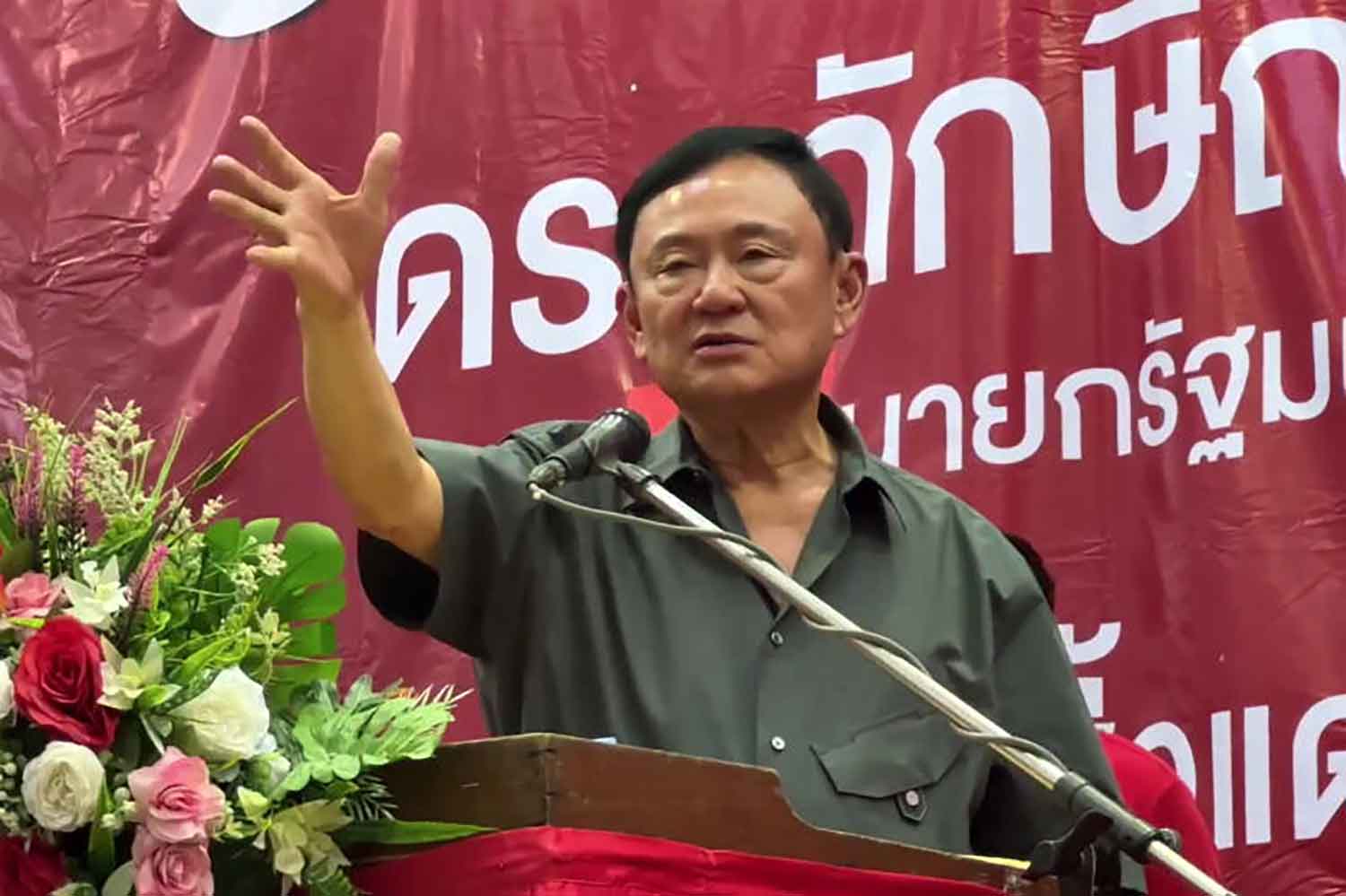
The investigation into government officials who allegedly assisted former prime minister Thaksin Shinawatra obtain medical treatment at the Police General Hospital (PGH), bypassing prison detention, is moving at a slow pace due to restrictions on information access, says the National Anti-Corruption Commission (NACC).
NACC secretary-general Saroj Phungramphan said on Sunday that as part of its teams’ evidence gathering process, which also includes witness testimonies and documents, it had sought information from agencies.
The investigation was also looking into site visits, with witnesses confirming key details, as they seek to uncover the truth behind the former PM’s unusually extended stay. “However, we haven’t received some information as it is protected by various laws. The investigation team must follow legal procedures, and that is causing delays,” Mr Saroj said.
When asked whether the Department of Corrections and PGH had submitted documents to the team, Mr Saroj confirmed they had sent some documents, but said he was unsure whether they were fully compliant with the original request. When asked about the overall progress made so far, he said that judgement would be left to the discretion of the team as the NACC cannot give advice on how much evidence is required to ensure a ruling of any kind.
Mr Saroj said the case could beconcluded quickly when all theevidence is finally gathered. There would then be two possibilities: if there is enough evidence to file charges, the case will move forward; if not, the investigation will be concluded, and the findings will be presented to the NACC for further review.
Thaksin, who was sentenced to eight years in prison across three cases before royal clemency cut the term to one year, stayed in a premium ward on the 14th floor of the hospital for about six months last year. He was paroled and discharged from the PGH on Feb 18, with the former prime minister completing his one-year prison term on Aug 31.

